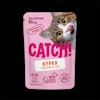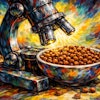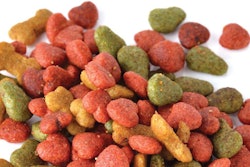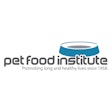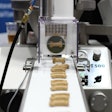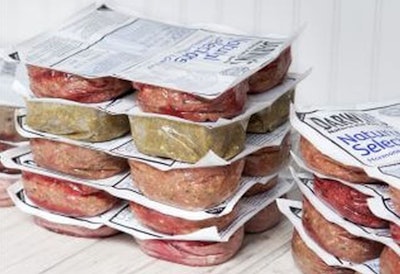
The US Food and Drug Administration (FDA) conducted an inspection of the raw pet food production facility of Arrow Reliance Inc., doing business as Darwin’s Natural Pet Products. On April 2, FDA district director Miriam R. Burbach, issued a warning letter addressed to the company’s president, Gary T. Tashjian. FDA inspectors investigated Arrow Reliance’s raw pet food manufacturing plant in Tukwila, Washington from December 6 through 7, 2017, and again on January 25, 2018.
Key findings from FDA investigation of Arrow Reliance
1. Dangerous pathogens found
In response to customer complaints during and after their inspection, FDA investigators collected samples of a number of raw pet food products from Darwin’s Natural customers and the raw pet food manufacturing facility. Analysis of these raw pet food products revealed they were contaminated with Salmonella, Listeria, and/or Shiga toxin-producing Escherichia coli O128.
2. Laws violated
Raw pet food products are food under section 201(f) of the Federal Food, Drug, and Cosmetic Act (the Act) [21 U.S.C. § 321(f)]. Based on FDA analytical results, Darwin’s Natural products are classified as adulterated under section 402(a)(1) of the Act, which states that food is deemed to be adulterated if it bears or contains a poisonous or deleterious substance which may render it injurious to health. The introduction or delivery for introduction into interstate commerce of an adulterated food violates section 301(a) of the Act [21 U.S.C. § 331(a)].
3. Genetic evidence
A Darwin’s Natural customer provided information to FDA that Salmonella was isolated from both a deceased kitten and from an unopened package from the same lot of the raw cat food consumed by the kitten, specifically Darwin’s Natural Selections Duck Meals for Cats, lot 38277, manufactured on June 1, 2017.
The kitten necropsy indicated a severe systemic Salmonella infection, and Salmonella was isolated from the kitten’s liver.
Whole genome sequencing (WGS) analysis was conducted on these Salmonella isolates from the kitten and the unopened Darwin’s Natural raw pet food package. WGS analysis of bacterial pathogens enables establishment of direct links between clinical isolates and food or environmental sources of bacterial contamination and illness.
WGS analysis shows that the Salmonella found in the kitten liver was identical to the Salmonella isolated from the same lot of raw cat food consumed by the kitten. This analysis indicates that Arrow Relience’s product may have caused the illness and death of the kitten.
FDA also analyzed the meat in two Darwin’s Natural products that used different meats, duck or chicken. Although the meat sources for these two products are different, the WGS analysis indicated that these Salmonella strains were identical, which may suggest pathogen contamination in the Arrow Reliance facility.
4. Bacteriophage problems
During a conference call between FDA and Arrow Reliance on February 7, 2018, company representatives indicated that the firm uses bacteriophage viruses to reduce pathogens in raw pet foods. Arrow Reliance stated that they had increased the quantity of the viruses added to the raw pet food to address the safety issues. However, FDA noted that controls implemented should have scientifically based validation to ensure they effectively eliminate the pathogens in pet foods intended for distribution.
FDA had concerns about the use of these bacteriophages because the federal agency was unaware that they are generally recognized as safe, as described in Title 21, Code of Federal Regulations (21 CFR) 570.30, or the subject of a food additive regulation published in 21 CFR Part 573, describing food additives permitted in animal foods.

